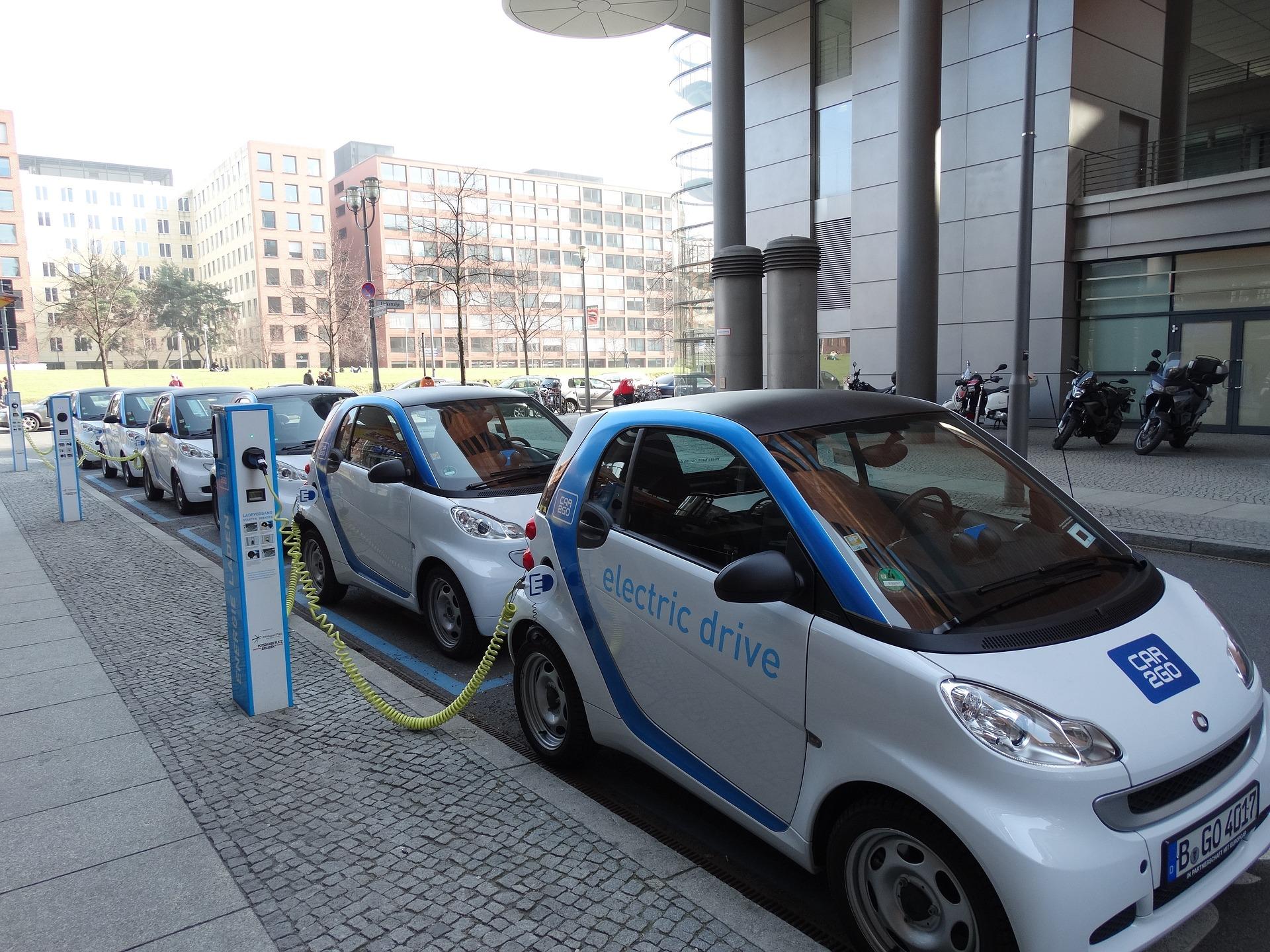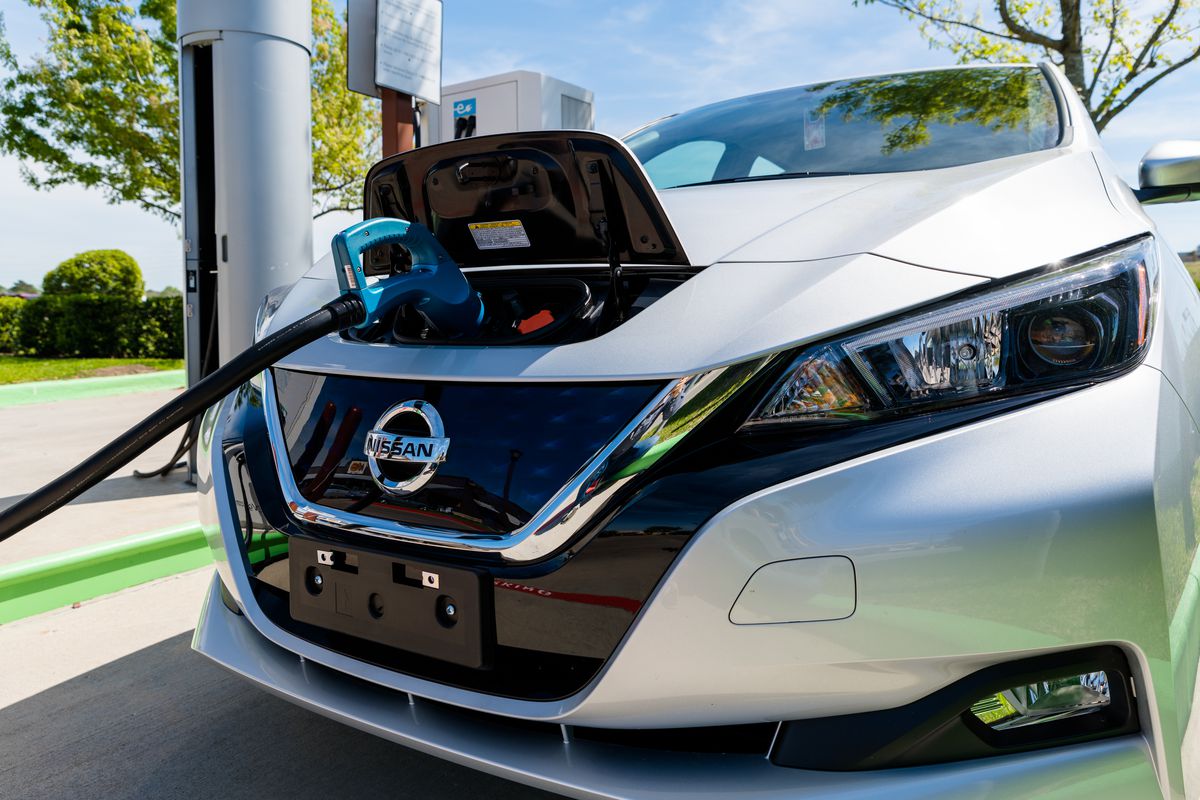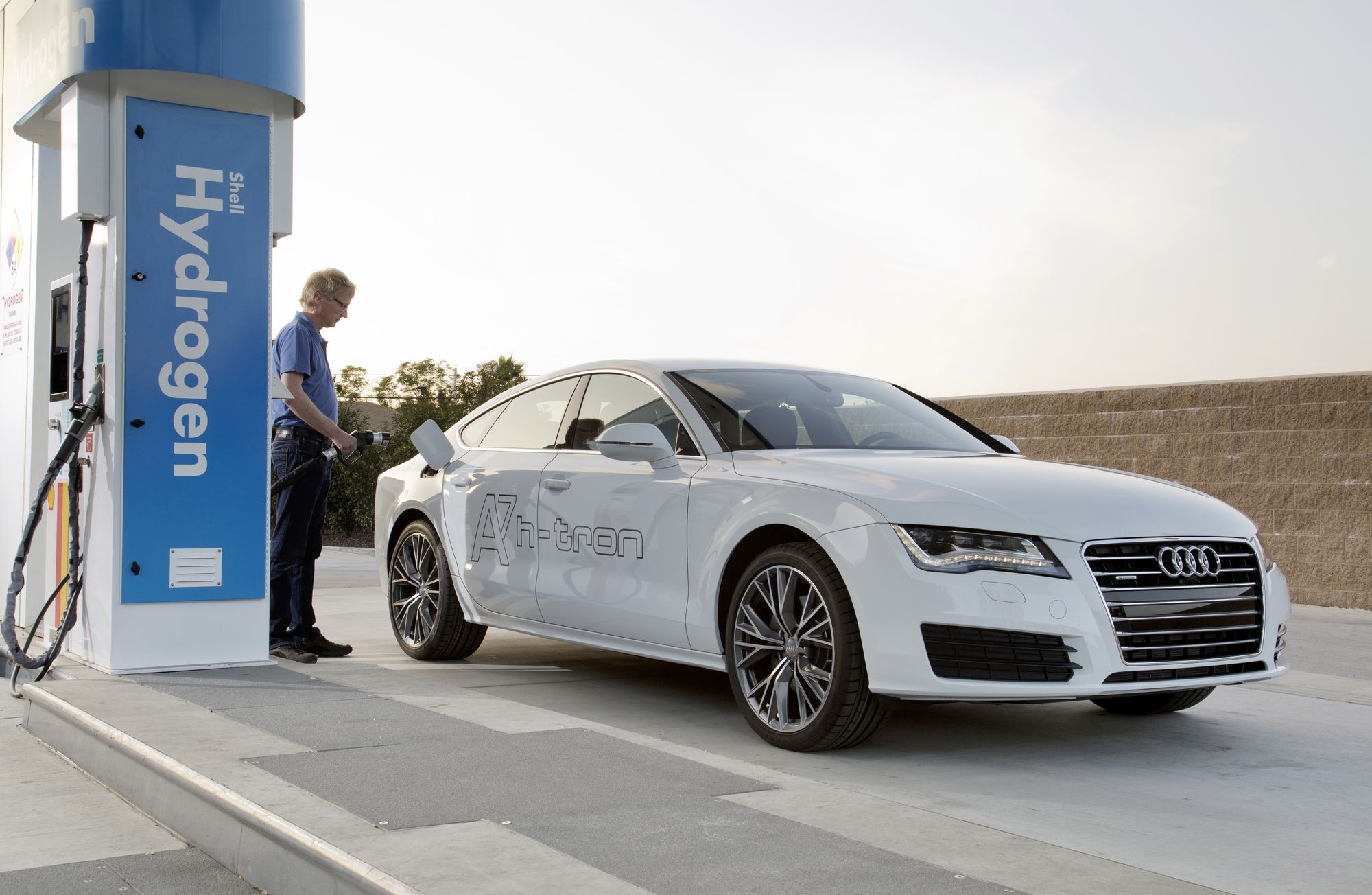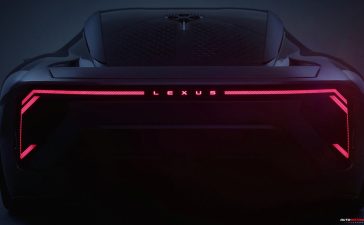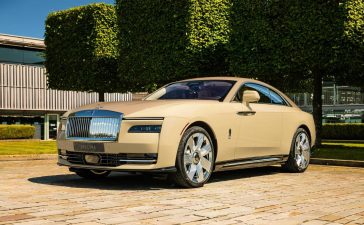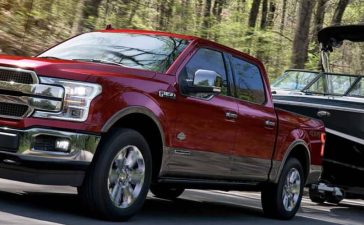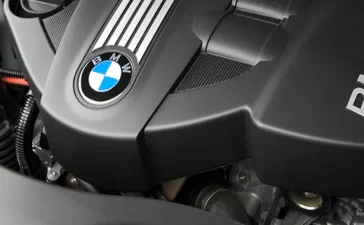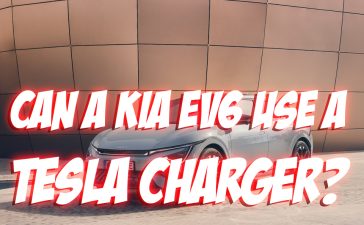Electric cars are seen as the eco-friendly alternative to conventional cars that run on fossil fuels. However, their limited production means that the automotive industry is yet to enjoy these benefits.
Electric cars have several advantages over standard gasoline and diesel motors. The most obvious perk is environmental conservation. Unlike fossil fuels, such cars do not produce smoke which affects the environment. Also, the mining of the petroleum used to fuel most cars destroys the surroundings.
In addition to eco-friendliness, electric cars are much easier to maintain than standard options. This is because they have fewer moving parts, meaning they wear out at a slower pace. Moreover, electric car engines offer instant torque.
Similar to other sectors in the technology industries, the competition in the manufacturing of electric cars is pitting the US against China. Precisely, it is Tesla against Chinese startups that are offering cars at incredibly cheap prices. Visit www.car-buying-strategies.com for more on this.
Despite the advantages, the mass production of electric cars is increasingly becoming a distant dream. For a technology that has been in existence for almost two centuries, the reluctance to adopt is certainly telling. So, why are manufacturers hesitant to produce electric cars in large numbers? Below are some of the reasons.
Limited Range
Range is perhaps the biggest hindrance to the mass adoption as well as the production of electric cars. The range of an electric car is the maximum distance it can cover after a full charge.
Tesla, the manufacturer of electric automobiles, claimed that their electric roadster can drive for 300 miles. However, road tests have indicated that this milestone can only be achieved if the driver is overly careful. A competing model from Nissan, the Nissan Leaf, has a range of 100 miles. As compared to standard vehicles, the 300-mile range is a joke. Indeed, some fuel cars can go for 800 miles without refueling. Also, electric cars are costlier. For instance, the Tesla Roadster costs $100,000, a price enough to get a high-end SUV running on gasoline.
The disparity between the ranges provided by standard and electric cars stems from the difference in energy sources. Typically, burning fuel produces more power than the chemical energy stored in batteries. Batteries can only hold a limited amount of energy as well.
The limited range of electric cars means that they are best-suited for short trips. This limitation is inhibiting the adoption of such vehicles.
Prolonged Charge Times
Electric cars run on energy stored in batteries. Essentially, they need recharging to keep them going.
The speed at which an electric car completes a full recharge is dependent on the voltage of electricity supplied by the charger. For example, the Nissan Leaf takes half an hour on a 480-volt fast charger, while a 120-volt outlet will fill the battery in 20 hours.
In comparison, a standard car fills up the tank in less than five minutes. Simply put, the fuel cars have the upper hand over their electric competitors in this regard.
Inadequate Infrastructure
It is quite a challenge to locate a charging station for electric cars.
Although they are not as popular as fuel cars, electric car owners agree that their options are limited when it comes to recharging their vehicles. On average, there is one charging station per mile in leading US cities. The ratio is worse in smaller regional towns.
On the contrary, there are at least five filling stations for every mile in big cities.
The glaring shortage of charging stations is not only an inconvenience, but also a significant contributor to the limited production of electric cars.
Expensiveness
As mentioned earlier, electric cars are costlier than standard fuel cars.
The hefty price tags associated with electric automobiles originates from the nature of the components used. For instance, electric cars use batteries that are significantly larger than the standard cars. This is because batteries are not as powerful as an equal amount of diesel. Also, the charging system causes a sharp increase in the overall value of the car.
Unfortunately, the future looks bleak concerning the development of low-cost and efficient batteries for electric cars. This means that the cost of producing such vehicles is likely to remain high, translating to higher retail prices for electric cars.
Hence, most car buyers prefer fuel cars over electric cars because of their affordability, although the latter is cheaper to maintain.
Environmental Pollution
Electric cars might be a better alternative to fuel cars with regard to environmental conservation, but they are not exactly saints themselves.
The electricity used to charge the electric car is most probably generated from a power plant run of fossil fuel. After all, this is the most popular means of generating electricity across the world. Thus, an increased use of electric cars translates to an increased burning of coal or petroleum, further polluting the environment.
The components used to produce batteries for electric cars are also a potential environmental hazard. Because the majority of people don’t know how to dispose of electronic waste, the chemicals inside the batteries usually end up in public dump sites. Some of the compounds, such as nickel-hydride, have been identified as carcinogenic. Besides, they contribute to the environmental degradation of the affected area.
Affordability of Fossil Fuels
Though there are concerns about pollution, the affordability and accessibility of fossil fuels make them the number one choice for cars.
Lately, fuel prices have been increasing steadily. Nevertheless, they are still affordable to most car owners and most importantly, they are available throughout.
In the future, the prices of oil are expected to go down, due to the discovery of new oil reserves and the advancement of mining techniques. In fact, there are car models that run on natural gas.
Government Policies
Previously, the US government offered incentives in the form of tax credits to encourage the purchase of electric cars. But these incentives were short-term and the value of the electric vehicles was soon back to its normal premium range.
Additionally, governments have continually overlooked expert recommendations on how to enact policies to improve the market for electric cars. For instance, the state can promote the adoption of electric vehicles by conducting public awareness campaigns. The government can also support the research and development concerning the production of electric cars. To this end, the state can fund the research into the improvement of electric car batteries.
Hydrogen
Technology enthusiasts envisage a future where hydrogen will be the leading fuel for the transportation sector.
Liquid hydrogen has the capability of running the engine in electric cars. Even better, it is environmentally friendly because the byproduct of its burning process is water. The downside, however, of using hydrogen is that the process requires infrastructure that is costlier and scarcer than that of electric cars. As per the New York Times, it costs a whopping $1 million to set up a basic hydrogen filling station.
Furthermore, hydrogen is difficult to store, especially in liquid state. It requires the installation of a pressurized tank, which in itself increases vulnerability in fire incidences.
Sentiment
Fuel cars are characterized by the revving sound of engines, the odor of burning fuel, shifting of gear transmission and in some cases, screeching of tires. Contrariwise, electric cars barely produce a sound and are odorless.
Since most car owners are familiar with the aforementioned characteristics of standard cars, they feel that electric cars are lacking in that aspect. Fundamentally, there is a psychological barrier that is inhibiting the popularity of the electric cars.
The reluctance to adopt electric cars due to sentiment for fuel variants is preventing the mass production of the former. It is apparent that manufacturers such as Tesla have a huge task of convincing the masses to abolish this stance.
Conclusion
Among all the factors preventing the mass production of electric cars, expensiveness and insufficient infrastructure are the most outstanding. There is an urgent need to devise methods of reducing the cost of production of such vehicle, which will reduce their retail value. Once this is done, the manufacturers should liaise with governments and private investors to install charging stations in strategic locations so that drivers can easily replenish used battery. The batteries should also be improved to give better driving ranges after a full charge. If this is done, there will a significant increase in the purchase of electric cars, encouraging manufacturers to increase production.
In due course, the use of electric cars will become mainstream. For now, however, it seems like a long shot, mainly because of the dominance established by fossil fuels. The automotive industry currently consumes millions of barrels of petroleum on a daily basis, and it will take a lot of convincing for this trend to change. Actually, it is highly likely that these two contrasting technologies will find a common ground, as seen with the increasing development of hybrid cars.
Though nobody knows what the future holds, the immediate future for the electric car is certainly not promising.


